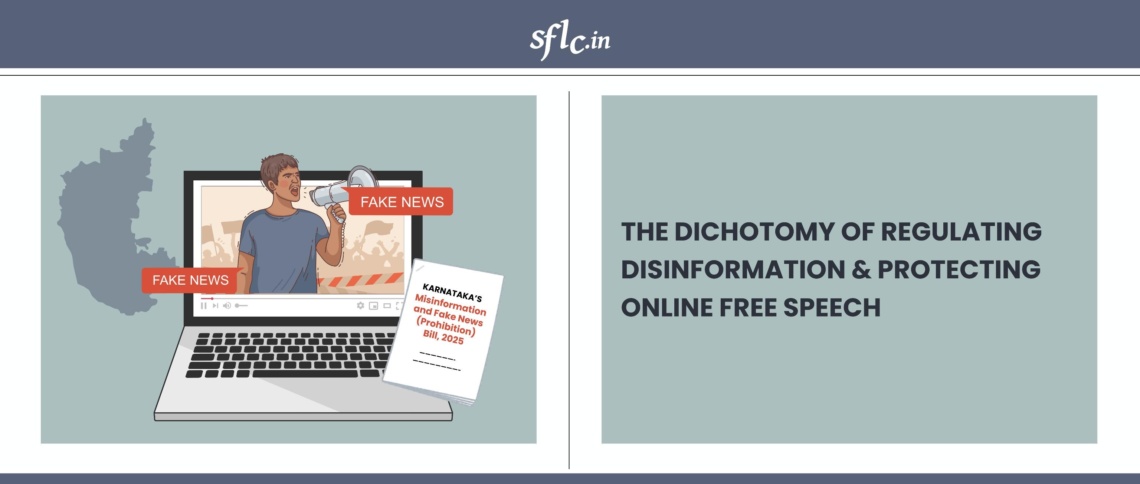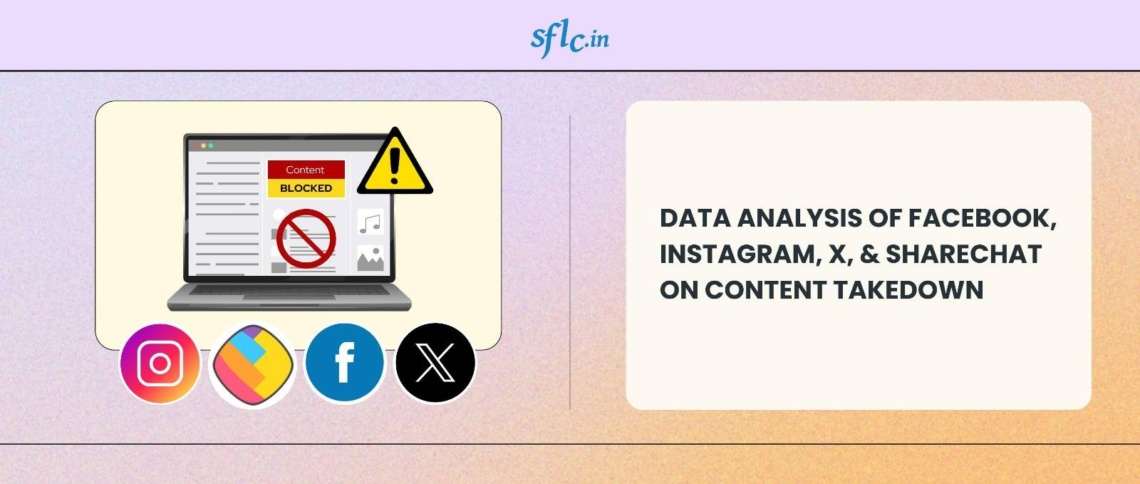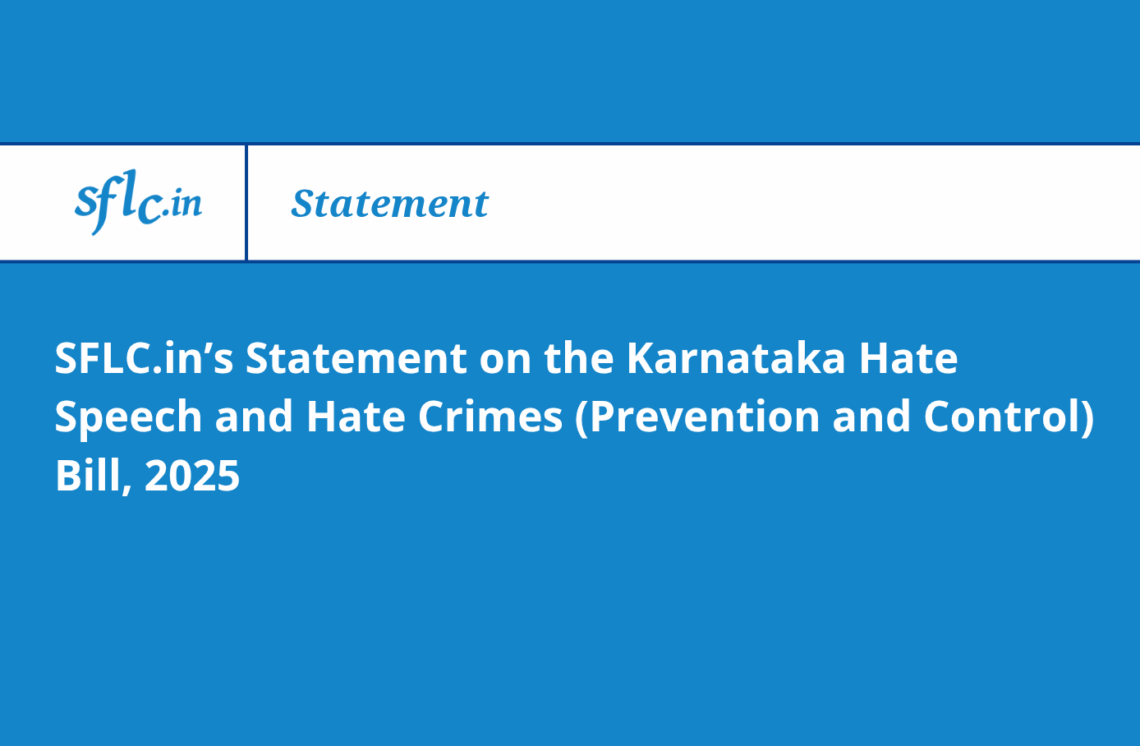India has the third largest number of Internet users, next only to United States and China and this number is rapidly growing. While the growth of the internet has touched every walk of modern life with banking, travelling, communication, sex, politics, delivery of Government services, free speech, privacy, entertainment all transformed- this very growth brings up a variety of paradoxical issues at every stage. With the progress in e-commerce, e-governance, and communication, we have also seen the unprecedented mass surveillance by national governments and attempts to restrict free flow of information by repressive regimes.
In India, the major law that governs the cyberspace is the Information Technology Act, 2000. It was originally introduced to facilitate e-commerce and e-governance. However, some of the subsequently introduced modifications to this law have often led to the restriction of fundamental rights and civil liberties of Indian citizens.
Recent incidents like – the arrest of two teenage girls in Palghar expressing their opinion on Facebook or the arrest of a small entrepreneur from Puducherry, for commenting about a Union Minister’s son on Twitter – show the extent to which the provisions of the IT Act can be mis-used to restrict a constitutional right like Freedom of Speech and Expression. The unprecedented mass surveillance to which citizens of the world are being subject present novel questions and concerns about privacy.
Businesses, on the other hand, which need legal predictability and an environment that fosters innovation, are forced to operate within a policy framework that presents road blocks at every stage. Companies are subject to numerous content/URL taken down notices from individuals and businesses to serve personal interests and unreasoned blocking orders issued by the Government. The licenses issued to the internet and telecom service providers mandate establishment of infrastructure to enable monitoring and collection of traffic data.
The Central and State governments are entrusted with the task of protecting national security and sovereignty and are responsible for crime prevention in the country, all of which have been further complicated due to the progress in technology.
The current times call for a comprehensive understanding of various issues involved that fosters innovation, growth and an open society. What the Internet is going to be in the future is what society makes it.
We at SFLC.in believe that the Internet belongs to the people of the world who use it. Governments and private actors are the trustees and licensees of the public interest in the free, equal, democratic operation of the peoples’ Net. Government has the responsibility to ensure that the Net within their jurisdiction is operated in a free, equal and democratic manner, in the interest of all its citizens and the other persons present in our country. Any law that touches the Internet space should follow certain basic principles and be able to pass muster of those principles. In order to ascertain and formulate such principles, we are attempting a public consultation on what principles should internet be based upon.
Everyone can participate in the discussion. Click here to add your ideas to the Bill of Rights.



